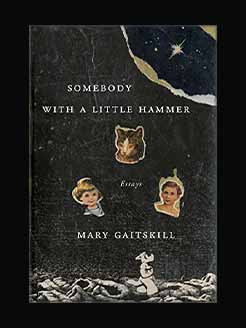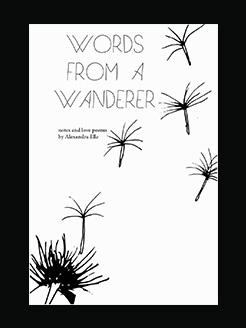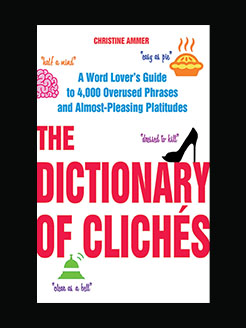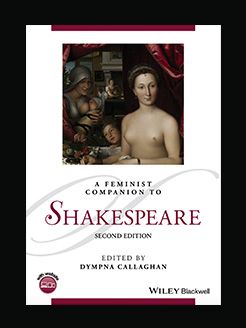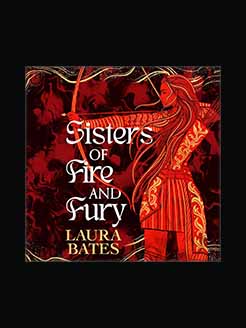Published in 2021
336 pages
With over 5 million fans spread across her social media platforms, New York Times best-selling author Joanne Molinaro, a.k.a The Korean Vegan, has appeared on The Food Network, CBS Saturday Morning, ABC’s Live with Kelly and Ryan, The Today Show, PBS, and The Rich Roll Podcast. She’s been featured in the Los Angeles Times, The Washington Post, The Atlantic, NPR, and CNN; and her debut cookbook was selected as one of “The Best Cookbooks of 2021” by The New York Times and The New Yorker among others.
Molinaro is a Korean American woman, born in Chicago, Illinois. Her parents were both born in what is now known as North Korea. Molinaro started her blog, The Korean Vegan, in 2016, after adopting a plant-based diet. In July 2020, she started her TikTok (@thekoreanvegan), mostly as a coping mechanism for the isolation caused by the global pandemic. She began posting content related to politics and life as a lawyer during quarantine. However, after a single post of her making Korean braised potatoes for dinner (while her husband taught a piano lesson in the background) went viral, Molinaro shifted her attention to producing 60 second recipe videos, while telling stories about her family—immigrants from what is now known as North Korea.
What is this book about?
The dazzling debut cookbook from Joanne Lee Molinaro, the home cook and spellbinding storyteller behind the online sensation @thekoreanvegan
Joanne Lee Molinaro has captivated millions of fans with her powerfully moving personal tales of love, family, and food. In her debut cookbook, she shares a collection of her favorite Korean dishes, some traditional and some reimagined, as well as poignant narrative snapshots that have shaped her family history.
As Joanne reveals, she’s often asked, “How can you be vegan and Korean?” Korean cooking is, after all, synonymous with fish sauce and barbecue. And although grilled meat is indeed prevalent in some Korean food, the ingredients that filled out bapsangs on Joanne’s table growing up–doenjang (fermented soybean paste), gochujang (chili sauce), dashima (seaweed), and more–are fully plant-based, unbelievably flavorful, and totally Korean. Some of the recipes come straight from her childhood: Jjajangmyun, the rich Korean-Chinese black bean noodles she ate on birthdays, or the humble Gamja Guk, a potato-and-leek soup her father makes. Some pay homage: Chocolate Sweet Potato Cake is an ode to the two foods that saved her mother’s life after she fled North Korea.
The Korean Vegan Cookbook is a rich portrait of the immigrant experience with life lessons that are universal. It celebrates how deeply food and the ones we love shape our identity.
